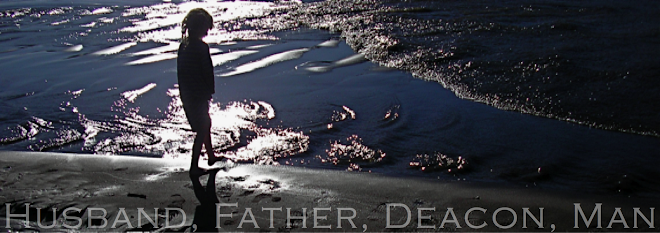Science Fiction is a powerful tool for exploring and understanding how we human collectively see ourselves.
"No," some might argue, "it's simply the result of a few minds and how they see the world."
Indeed. That's true of any given work. But, those that make it to the masses and become popular, have somehow spoken to people "en mass" and it has a lot to say about how we collectively see ourselves.
Jules Vern, Doyle, Asimov, Roddenberry, Lucas. These are among the minds that have asked us, collectively, to ponder our human potential and how we recognize and choose good and evil, God or Satan.
Of modern note are creations that in recent decades have become popular TV series. Star Trek, Babylon 5, Star Gate series, Buffy the Vampire Slayer, Battlestar Galactica, Terminator: Sarah Connor Chronicles, Heros, Sanctuary.
There is a tendency among the modern sci-fi creations to be highly cynical. There is a distinct lack of hope. There is the premise that evil has won and survival equals victory. There is an underlying belief that humanity is doomed, and that being human means being irreprably connected with evil. This is an accurate and scary reality of the world without Jesus our Christ.
Mutations that are advancing humanity to our fuller potential and to greater potential for destruction abound. There is an awareness that humanity is called to more than we realize, but they very rarely point to God as the avenue for our salvation.
Watching them, it can be easy to forget the through Jesus our Christ, we can rise up to fulfill a destiny far greater than we imagine -- the one God created us to be. It can be easy to forget we are each made in God's image, and if we can say "Yes!" to Christ being born within us, just as Mary did 2000 years ago, that God's grace gives up hope of living up to being fully human.





